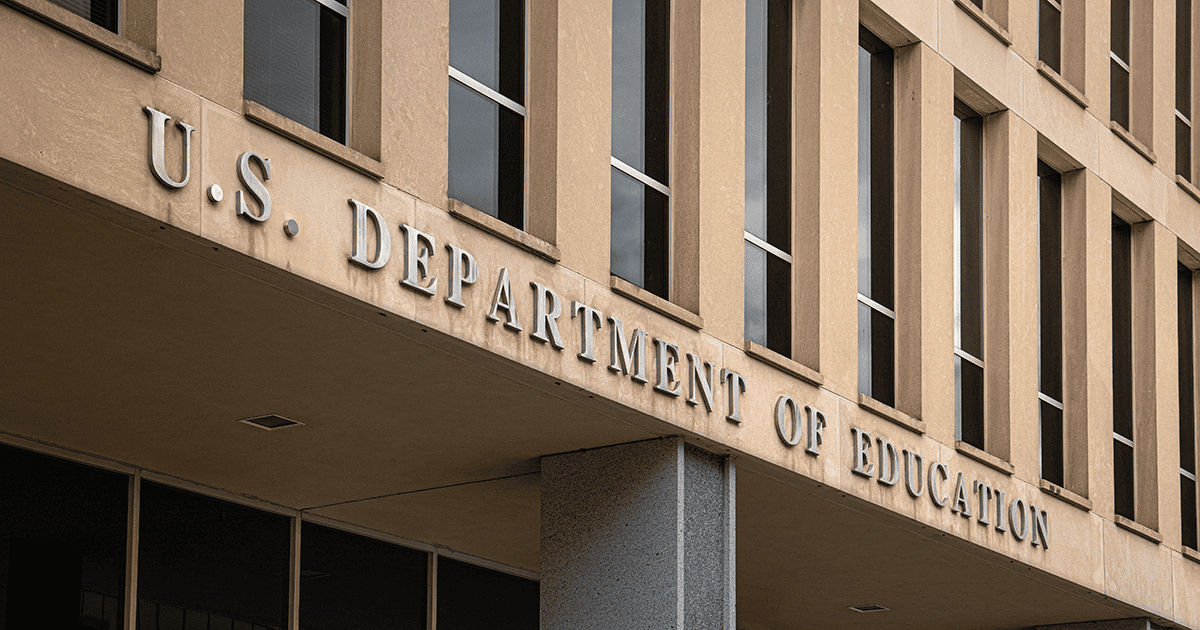During the COVID-19 public health emergency (PHE), many federal telehealth rules were made flexible to accommodate the need for continued access to health care, including allowing covered health-care providers to provide telehealth services to patients through remote technologies that may not have fully complied with the requirements of the Health Information Portability and Accountability Act of 1996 (HIPAA), as amended, including its implementing regulations.
Since March 17, 2020, the Office for Civil Rights (OCR), the agency tasked with enforcing HIPAA, has exercised enforcement discretion to not impose penalties for such noncompliance. On May 11, 2023, OCR’s enforcement discretion expired, and the U.S. Department of Health and Human Services (HHS) released a fact sheet that details how OCR will continue to support the use of telehealth after the PHE by providing a 90-calendar-day transition period for covered health-care providers to make any changes to operations required to provide telehealth in compliance with HIPAA. Thus, compliance enforcement will not resume until after August 9, 2023.
Recent Posts
CMS Sets Medically Unlikely Edit for Key Audiology Codes
The Centers for Medicare and Medicaid Services (CMS) has established a Medically Unlikely Edit (MUE) of two units per date of service for Current Procedural Terminology (CPT®) codes 92629, 92632,…
Allergies in U.S. Adults
Individuals who live in colder areas of the country may be eagerly awaiting the arrival of spring and its associated warmer weather. Others may be…
Securing Federal Loan Access for Audiology Students: Comments Close March 2
The Academy is pursuing a two-pronged strategy through Congress and the Department of Education to protect federal student loan access for AuD students. Both pathways…


